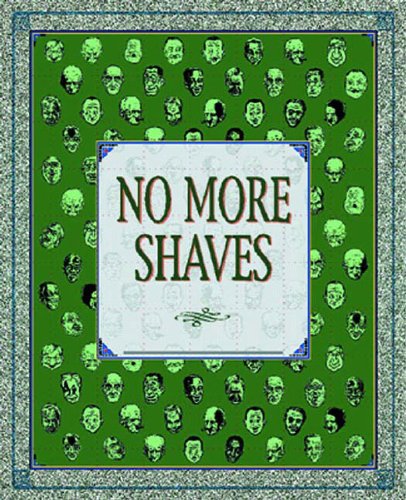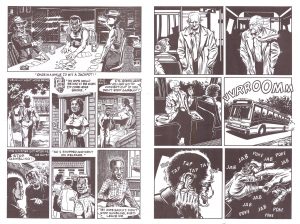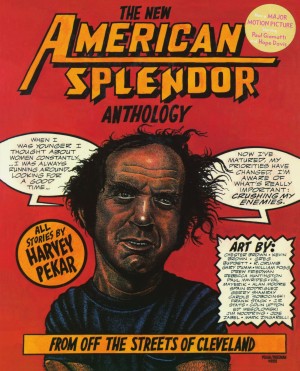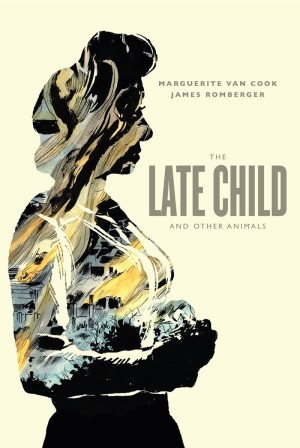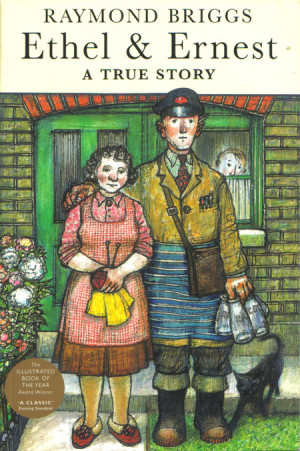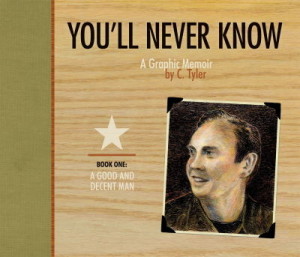Review by Ian Keogh
Starting in the late 1970s David Greenberger was employed as an activities director in an old people’s home, and created a fanzine called Duplex Planet to enshrine the conversations with the people he met. It built an influential circulation, and Dan Clowes started the ball rolling for comic strip adaptations when he asked to draw some of the material for his Eightball comic. Others followed suit, and Duplex Planet also had a short run as a comic, with assorted artists adapting conversations. No More Shaves features much of that material, but reorganised by chapter to concentrate on six individuals.
Greenberger starts each segment with a picture, date of birth and the day some contributors died, some remaining alive when the collection was published, and a selection of quotes, these ranging from crackpot theories to astute observations. It’s a pattern that continues through the strip material. A few conversations seem to have been initiated, with several people offering their thoughts on snakes, for instance, and old films being another common point, but a contentment to pour out less focussed stories to anyone who’ll listen is frequent.
Some artists asked for photographic reference, while others drew a person suggested by the voice they heard in their heads, but consistency isn’t necessary as the topics discussed veer all over the place, and could be the words of many people. As the scripts are essentially monologues, there’s considerable freedom for artists to take their own approach. When starting the process, Clowes just used talking heads and dialogue balloons, but his successors adopt more imaginative methods, filling backgrounds and moving the speaker through them as if on a journey, and this variety becomes as compelling as the better monologues. Larry Green’s reminiscences are exclusively drawn by Rick Altergott in his Wally Wood influenced style (sample art left), and are appealingly cinematic, while Dean Rohrer’s extrapolations of Arthur Wallace’s problems with his hearing aid (sample art right) are altogether more extemporised. Wallace’s stories, all drawn by Rohrer, differ in nature, and could be the work of Harvey Pekar, observational beyond the dialogue and also providing the book’s title.
Ultimately, No More Shaves is a book to dip into every now and then rather than one to be read from cover to cover in a sitting. The conversation is broad and sometimes startling, but largely unfocussed (with the recollections of Ken Eglin and Larry Green more linear), and the rambling and jumping from topic to topic has a repetitious quality if read in bulk. Despite that, it’s also thought provoking. How much of what we are is lost to the ages? How many relatives of the men featured in this collection knew what Greenberger teased from them? Although not intended as such, it’s a fine repository.
